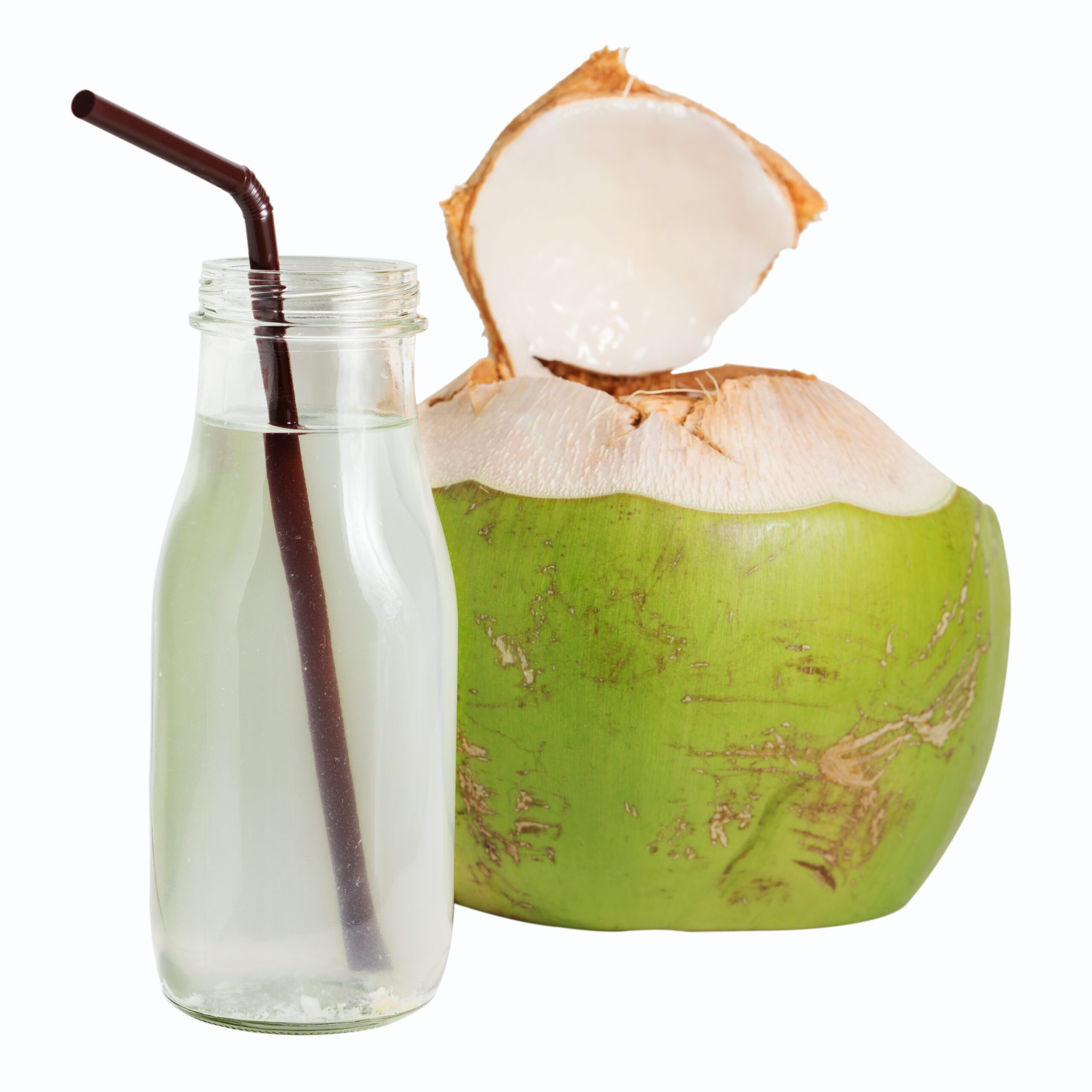
Coconut Water: A New Way to Get Healthy
Step aside, water and sports drinks – there’s a new kid in town. Quickly gaining popularity due to intense celebrity endorsements and dubbed “Mother Nature’s sports drink” by clever marketers, coconut water is finding a new home in many sports enthusiasts’ fridges. Traditionally reserved only for summer drinks and “chilling out,” celebrities, supermarkets and distributors are claiming that coconut water is actually a better replacement for water or Gatorade. Among the reasons cited:
• It replaces many more lost electrolytes
• It helps make you look younger
• Helps cure hangovers
• Boosts your energy
• Helps keep your heart healthy
• Boosts metabolism and promotes weight loss
But is it all it’s cracked up to be? Well, many would answer that question with a resounding “YES!” For starters, coconut water has significantly more potassium and a lot less sugar than your average sports drink. And even though you might not need to replace lost electrolytes unless you are working out intensely for over two hours, it’s certainly not something to skimp on.
Then there’s the taste. Now, not everyone is crazy about how coconuts taste, so if you don’t find yourself liking anything coconut flavor, stay away from this drink. On the other hand, if you absolutely love coconuts and are crazy about the flavor, you may have found your new favorite drink. This is not a case of “too much of a good thing,” because the more coconut water you drink, the better the health benefits that you reap.
While coconut water certainly has a lot of potassium (almost four times that of Gatorade), athletes who spend more than two hours performing physical exercise will also need a boost of carbs for energy . . . which unfortunately coconut water does not provide. To counter this, health experts agree that supplementing the coconut water with a light snack consisting of bananas and salty pretzels will both hydrate you and give you a bigger boost of energy.
One factor that might ultimately determine if you’ll buy it or not: price. Because it’s enjoying celebrity endorsements and mass popularity, coconut water can be on the spendy side. . . but not that much more than your traditional Gatorade or Powerade. Coconut water sales in the United States doubled in 2011, and it’s expected to reach $110 million in sales this year. This explosive growth is not expected to slow down, and for good reason – each serving is worth the price you pay for a healthy post-workout. And even those of us who are non-athletes can enjoy the benefits of a nice, cold glass of coconut water.
At our offices, many of us really enjoy dried organic coconut water. Whether I’m in the office, at home, or at the gym, it’s easy to add to a tall glass of water, or my water bottle. And we really like Yoga Earth “Purity” coconut water; First, it’s USDA certified organic coconut water powder, made from hand-harvested virgin coconuts….and secondly, by choosing PURITY you also directly help small organic farm communities that are dedicated to conserving an ecological balance with sustainable living. They’re extremely “eco-friendly”!
No matter where you purchase your coconut water, make sure it’s USDA organic, with no added sugars so you can retain the maximum benefits from your coconut water!

A new study suggests that a widely used sugar substitute found in diet sodas, chewing gum, and low-sugar yogurt may elevate insulin levels. This could increase the long-term risk of heart disease. “Artificial sweeteners have infiltrated nearly all types of food, making it crucial to understand their long-term health effects,” said Yihai Cao, senior author […]

Diet Coke has long been a fan-favorite among soda lovers who want a fizzy, guilt-free alternative to traditional soft drinks. While its zero-calorie, zero-sugar label makes it seem like a healthier option, the reality is far more concerning. Despite its undeniable popularity, Diet Coke’s nutritional profile has raised red flags among health experts for years. […]

New study shows that embracing an anti-inflammatory, plant-forward diet can support cognitive function and help reduce the risk of dementia. What You Eat Shapes Your Brain The food you eat doesn’t just impact your body—it also affects your brain. Research suggests that eating an anti-inflammatory, plant-based diet can help improve memory, focus, and overall brain […]